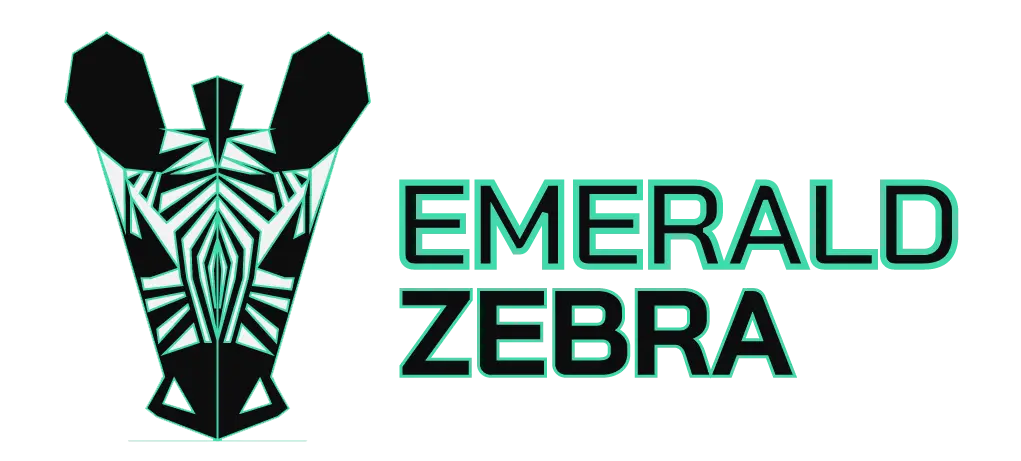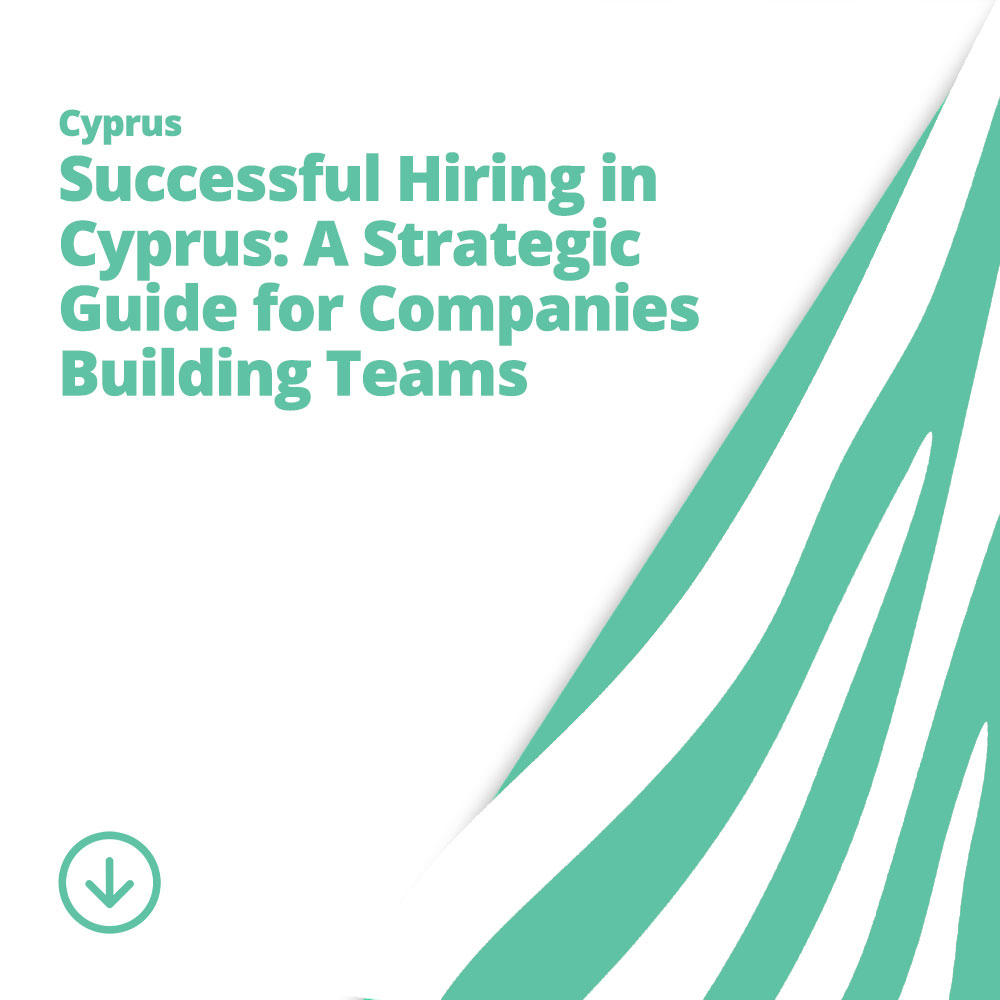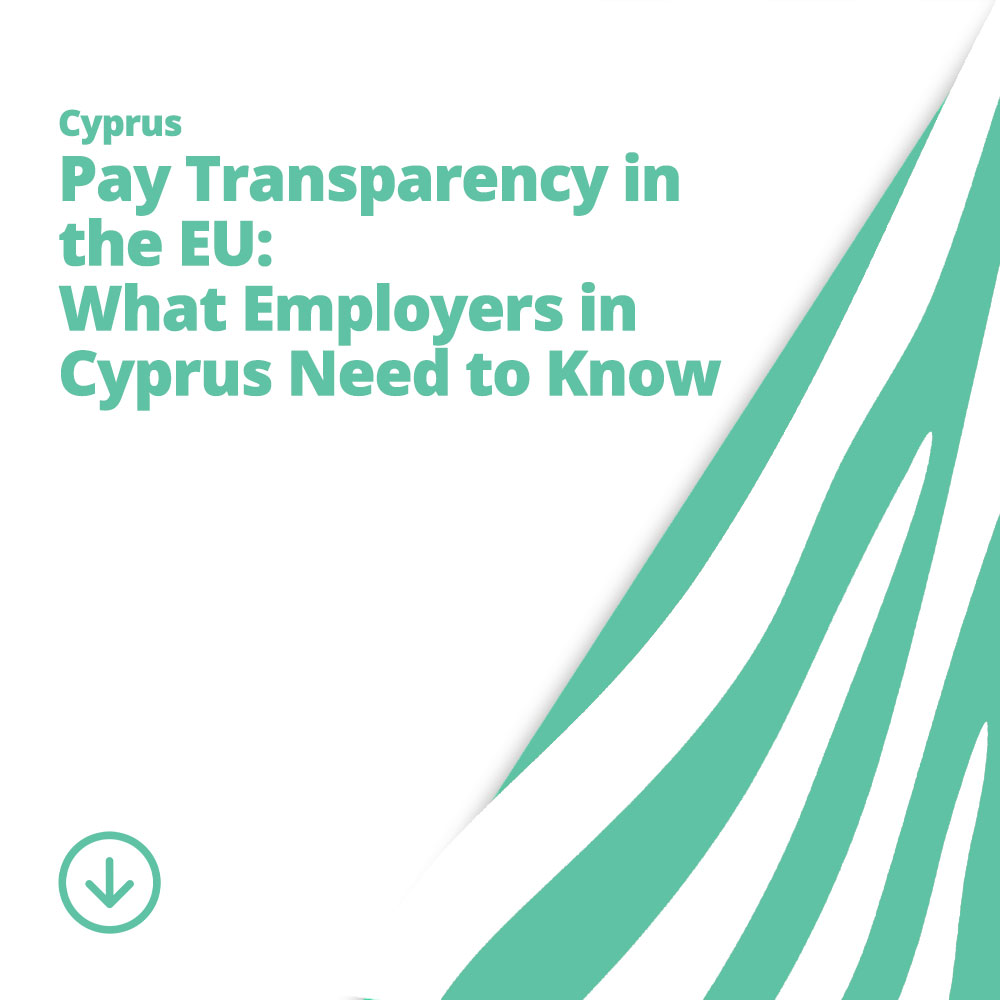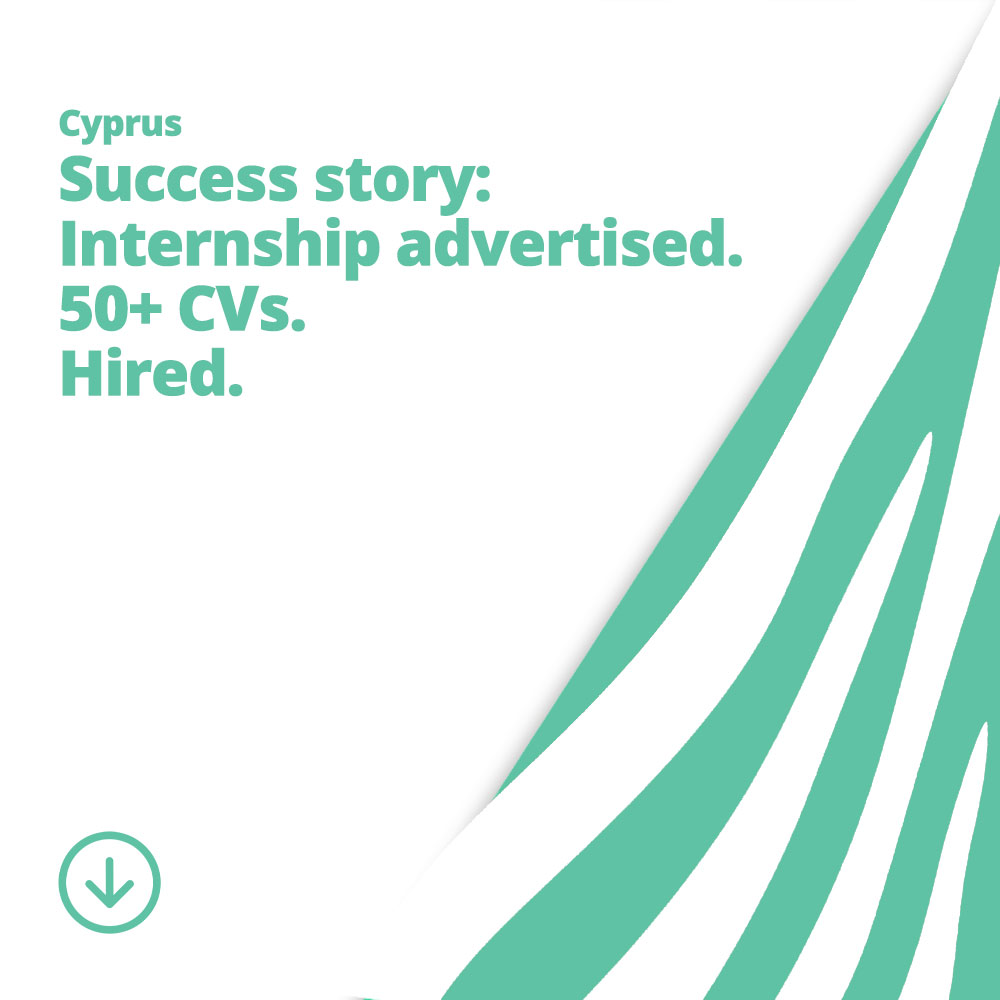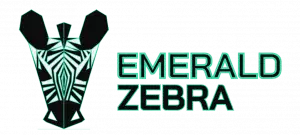Svetlana Gildebrandt brings two decades of HR leadership across fintech, gaming, blockchain and IT. As part of Emerald Zebra’s Share Your Story series, she reflects on her non-linear career path, the bold moves that shaped her leadership style and her relocation to Cyprus. From building agile HR teams to championing inclusive workplace cultures, Svetlana offers a grounded and inspiring take on modern HR and career development.
About the Guest
Svetlana Gildebrandt is an experienced HR leader with 20 years of experience across the fintech, gaming, IT, and blockchain industries. Currently based in Cyprus, she has led HR strategies that align closely with business growth: focusing on building successful HR teams and driving ambitious, high-impact projects. Svetlana is passionate about leveraging automation and enhancing efficiency within HR functions, integrating agile methodologies to help organizations stay flexible and responsive. She is dedicated to creating inclusive, high-performance environments that support both business objectives and individual growth.
Career Pathway & Inspiration
1. Can you walk us through your career journey, what key experiences led you to where you are today?
I’ve taken quite a non-linear path, which in hindsight has been one of the most rewarding aspects of my journey. I started in a very structured corporate setting: lots of frameworks, processes, and predictability. It gave me a solid foundation, but I realized early on that I was most motivated when I had the space to build, shape, and experiment. A few defining moments stand out: leading my first international team, being thrown into a transformation project with zero playbook, and eventually stepping into leadership roles where I had to make decisions without having all the answers. Those experiences pushed me out of my comfort zone and helped me grow.
2. Was there a point when you made a bold decision or took a risk that shaped your career?
Yes, leaving a secure, well-known company to join a smaller (and much more chaotic!) organization was definitely a leap of faith. At the time, it didn’t make much sense on paper but I felt a strong pull towards the challenge. That move accelerated my learning curve like nothing else. I wore many hats, made fast decisions, and had to build trust quickly. Looking back, it taught me how to operate with uncertainty and still move forward with conviction.
3. Did you envision this role early on? How has your vision evolved?
Not exactly. I always knew I wanted to lead and make an impact, but the path here wasn’t clear-cut. Over time, I’ve learned that it’s less about chasing a specific title and more about finding environments where I can contribute meaningfully and continue growing. These days, I focus more on efficiency of the ways team is doing things, enhancing culture and bringing added value to the business. That shift in mindset changed how I approach leadership and work in general.
Relocation & Building in Cyprus
4. What motivated you to relocate to Cyprus, and how did the transition shape your career trajectory?
Cyprus wasn’t on my radar initially, but when the opportunity came, I was intrigued. The island has a really unique mix: it’s international, fast-moving in certain sectors, but still maintains a personal, relationship-driven way of doing business. Professionally, the move gave me access to a wider range of people and opportunities as well as challenged me to rethink how I approach collaboration and communication across cultures. It stretched me in the best way.
5. What surprised you most about working here compared to your previous base?
The warmth of the people, hands down. I knew Cyprus had a strong international business presence, but I wasn’t expecting just how open and genuinely friendly everyone would be: both professionally and personally. It makes such a difference when people take the time to connect, not just exchange emails or tick boxes. There’s a strong culture of support here, and you feel it right away. Whether it’s a colleague offering to help before you even ask, or someone inviting you for a coffee just to check in, that human touch makes working here feel more grounded and collaborative.
Empowerment & Advice
6. What practical habits or mindset shifts have been most instrumental in your progression?
A major shift for me was moving from a reactive mindset to a proactive one, especially when it comes to HR’s role in the business. It’s easy to fall into the trap of solving problems as they come, but the real value is in spotting patterns early and anticipating where the gaps will appear: whether that’s in leadership capability, team structure, or culture alignment. Over time, I’ve learned to stay close to the business, ask the right questions early, and read between the lines.
Another important shift has been embracing change not as a disruption, but as part of the work. Being able to adjust quickly, without losing sight of your longer-term direction, is critical. That agility, both in mindset and in how we design people strategies, is what allows HR to be a true business partner. We’re not just here to implement: we’re here to guide, to challenge, and to make sure the organization is ready for what’s next.
7. What would you tell young professionals just starting out in your field?
Build your resilience early: it’s one of the most important qualities you’ll need in this field. HR isn’t just about processes or people: we navigate complexity, have difficult conversations, hold space for others while also managing your own energy and direction. Things won’t always go as planned. Strategies will shift, priorities will change overnight, and sometimes your work won’t be immediately visible or appreciated. But if you can stay steady, stay curious, and keep moving forward, you’ll grow in ways that are impossible to measure on a resume.
Also, don’t confuse resilience with toughness. It’s not about powering through at all costs. It’s about knowing when to pause, reflect, and adjust, without losing your sense of purpose. If you can hold onto that, you’ll be able to lead through just about anything.
8. If you could give your younger self one piece of advice, what would it be?
Don’t chase perfection – focus on progress.
When I was starting out, I used to get caught up trying to make everything perfect before moving forward. But over the years, I’ve learned that in HR, as well as in any part of business, it’s more effective to take an agile, iterative approach. Build a solid foundation, but don’t expect it to be flawless from day one. Launch, learn, adapt, implement feedback and improve as you go.
There’s a phrase by Simon Sinek: “Don’t be perfect, be better tomorrow” and that really resonates with me. It reminds me that progress, not perfection, is what drives meaningful change.
And one thing I’ve come to appreciate is how powerful automation can be. When you let technology handle the admin, you can spend more time where it really counts: connecting with people, understanding their needs, and solving real challenges. That balance between smart systems and genuine human connection is what makes all the difference.
Svetlana’s story is a reminder that careers don’t have to follow a straight line to be meaningful. From embracing risk to leading with empathy and agility, her approach to HR and leadership is both practical and deeply human. We’re grateful to her for sharing her journey as part of Emerald Zebra’s Share Your Story series and for offering insight that will resonate with professionals at every stage of their career.
The Share Your Story series highlights standout professionals shaping the future of work in Cyprus.
Stay tuned for more interviews from leaders driving growth, innovation and change across the island’s fintech, tech, financial services and gaming sectors.
Know someone whose career journey deserves to be featured?
Drop us a line if you’d like to recommend someone whose story stands out.
